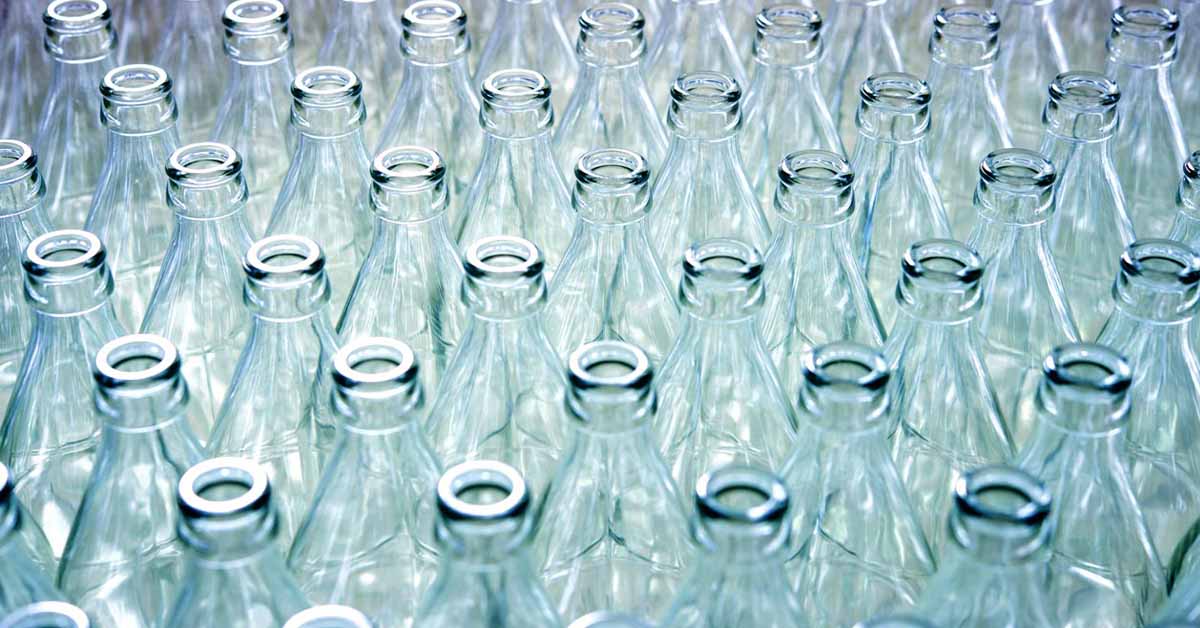Glass vs. Plastic: A Packaging Showdown
Published: February 15, 2022 Updated: October 1, 2024

With all the buzz about glass vs. plastic, you might be tempted to jump on the glass bandwagon bashing all use of the “other” packaging resource. But whether glass bottles are better than plastic or just a choice based on popular misconceptions, the debate has become a featured match in America.
The Heavyweight Bout
If you’re like most people on the internet, you can find loads of reasons why glass is better than plastic or as we like to say, the more glamorous packaging alternative. At first glance, when compared to plastic, glass is naturally the better option. It’s not made from a petroleum-based resource, it’s 100% recyclable, and it doesn’t absorb smells or flavors when it comes to food storage.
Glass bottles seem like the guaranteed winner – that is, until certain facts are thrown in the ring.
Officiating the Match
If this were a real boxing match, there’d be someone to officiate and analyze each boxer’s performance. In the case of Glass vs. Plastic, researchers at the University of Southampton in England have done just that. In their study, the group found that just by the resources and energy needed to produce and ship glass bottles alone, more harm is caused to the environment than expected.
This harm isn’t merely based on perception. According to life cycle assessments (LCA) – the most used methodology for sustainability assessments, they show that glass contributes more CO2 than plastic to our atmosphere.
In a study published in Detritus, glass bottles contribute about 95 percent more to the climate crisis than its alternatives. This isn’t to say that alternative packaging sources like plastic don’t have any impact, but it’s a matter of learning about the solution that best helps with our long-term environmental challenges.
Everything isn’t always what it seems, and just as simple as we’re quick to pick up an item because it’s a closer material to nature, we forget to investigate the life cycle of the product.
So Why Might Plastic Turn Out To Be A Better Material Than Glass?
A 4 oz. glass bottle for instance is about 4 times heavier than a 4 oz. plastic bottle. When every step of the supply chain requires transportation and produces emissions, the glass bottle raises an eyebrow.
It’s also important to consider recyclability – the number one reason you’re reading this blog.
Glass can be recycled over and over and over again, but it’s been documented that of the 12.3 million tons of glass generated in the U.S., just 31.3% is recycled. Unfortunately, glass ends up in landfills, where The New Hampshire Department of Environmental Services estimates that it takes 1 million years for a glass bottle to decompose in the environment.
All things considered, when recycled properly, we get to realize the benefit of plastic - which comes from its light weight. With a weight of roughly 40 times less than glass for comparable products, plastic has significant carbon emissions savings during shipping. When we bring this into the picture, plastic is actually a better packaging resource than expected.
Single-use packaging isn’t great, but if we take the steps to learn how we can recycle our more sustainable plastic materials, the packaging solution can be a sure knockout.
